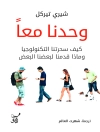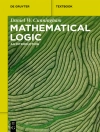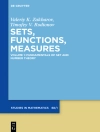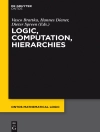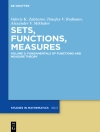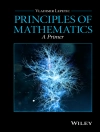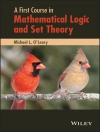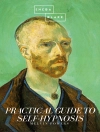A valuable guide on creativity and critical thinking to improve reasoning and decision-making skills
Critical thinking skills are essential in virtually any field of study or practice where individuals need to communicate ideas, make decisions, and analyze and solve problems. An Introduction to Critical Thinking and Creativity: Think More, Think Better outlines the necessary tools for readers to become critical as well as creative thinkers. By gaining a practical and solid foundation in the basic principles that underlie critical thinking and creativity, readers will become equipped to think in a more systematic, logical, and imaginative manner.
Creativity is needed to generate new ideas to solve problems, and critical thinking evaluates and improves an idea. These concepts are uniquely introduced as a unified whole due to their dependence on each other. Each chapter introduces relevant theories in conjunction with real-life examples and findings from cognitive science and psychology to illustrate how the theories can be applied in numerous fields and careers. An emphasis on how theoretical principles of reasoning can be practical and useful in everyday life is featured, and special sections on presentation techniques, the analysis of meaning, decision-making, and reasoning about personal and moral values are also highlighted.
All chapters conclude with a set of exercises, and detailed solutions are provided at the end of the book. A companion website features online tutorials that further explore topics including meaning analysis, argument analysis, logic, statistics, and strategic thinking, along with additional exercises and multimedia resources for continued study.
An Introduction to Critical Thinking and Creativity is an excellent book for courses on critical thinking and logic at the undergraduate and graduate levels. The book also serves as a self-contained study guide for readers interested in the topics of critical thinking and creativity as a unified whole.
Inhaltsverzeichnis
Preface ix
1 Introduction 1
2 Thinking and writing clearly 11
3 Definitions 21
4 Necessary and sufficient conditions 33
5 Linguistic pitfalls 41
6 Truth 53
7 Basic logic 59
8 Identifying arguments 69
9 Valid and sound arguments 75
10 Inductive reasoning 87
11 Argument mapping 95
12 Argument analysis 107
13 Scientific reasoning 113
14 Mill’s methods 125
15 Reasoning about causation 133
16 Diagrams of causal processes 141
17 Statistics and probability 145
18 Thinking about values 159
19 Fallacies 173
20 Cognitive biases 185
21 Analogical reasoning 195
22 Making rational decisions 201
23 What is creativity? 215
24 Creative thinking habits 223
Solutions to exercises 233
Bibliography 256
Index 261
Über den Autor
Joe Y. F. Lau, Ph D, is Associate Professor of Philosophy at The University of Hong Kong. Dr. Lau teaches critical thinking, the philosophy of mind, and cognitive science. He has authored and coauthored numerous books and articles in philosophy, and he was awarded a university teaching fellowship for teaching excellence.


